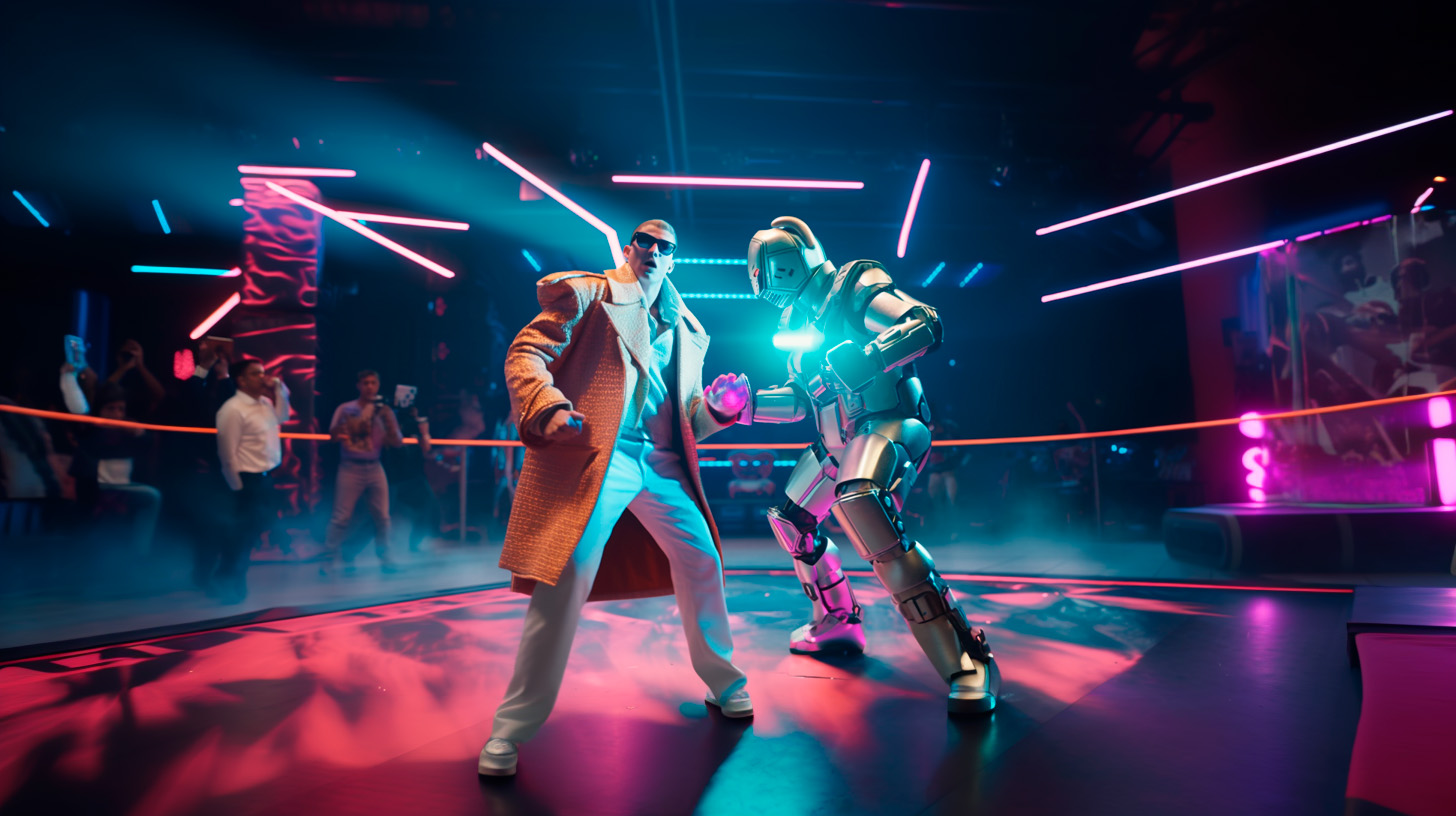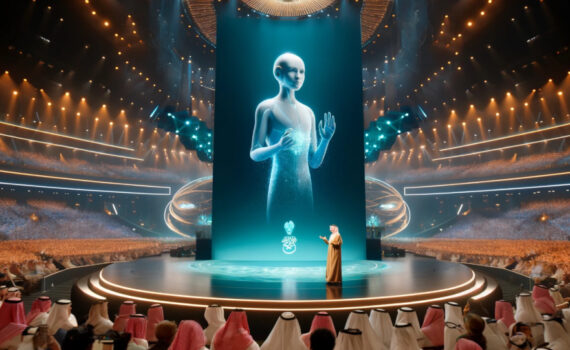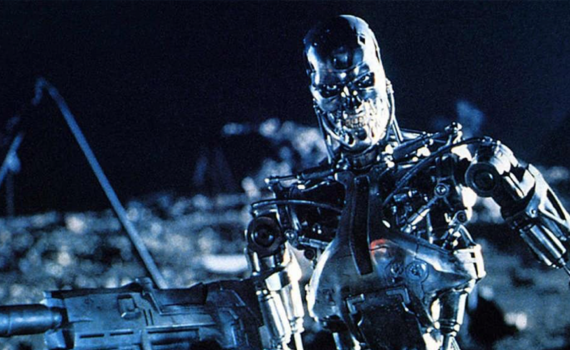AI-Generated Songs Take TikTok by Storm: A Take on the Latest Trend

The world of music is ever-evolving, embracing new technologies and trends that shape the way we create and consume audio. One such trend that has taken the internet by storm, particularly on TikTok, is the use of AI technology to create songs featuring the voices of popular artists and characters. These deepfake songs are often creative and humorous, but they also raise important questions about ethics and artist consent.
AI songs are captivating for several reasons. They often feature unexpected or incongruous pairings of voices, which can be very entertaining and surprising. They can also be used to
make social commentary or to parody popular culture. Additionally, the high production quality of many deepfake songs makes them sound professional, which can help them gain more attention and traction.
In November 2023, a deepfake song titled "Demo 5: Nostalgia" using the voice of Puerto Rican superstar Bad Bunny garnered significant attention, prompting a strong response from the artist himself.

Bad Bunny Fighting AI according to AI / Made with Midjourney
The song, created by TikTok user FlowGPT, featured a synthesized version of Bad Bunny´s voice alongside the voices of Justin Bieber and Daddy Yankee. The track gained over 22 million views on TikTok and was even submitted for consideration at the Grammy Awards.
However, Bad Bunny expressed his disapproval of the song, taking to his WhatsApp fan channel to voice his frustration.
In a message to his fans, Bad Bunny criticized the song´s quality, calling it “subpar” and “shitty”. He went on to demand that any fan who enjoyed the song leave his WhatsApp group, stating that they “don&´t deserve to be [his] friends”. The artist´s strong reaction highlighted his concerns about the unauthorized use of his voice and the potential for deepfakes to misrepresent artists.
FlowGPT, the creator of the deepfake song, responded to Bad Bunny´s comments, acknowledging his anger and emphasizing his intention to use AI technology to create new collaborations in the music industry. The virtual producer offered to give Bad Bunny the song rights if he agreed to credit FlowGPT as the producer.
The exchange between Bad Bunny and FlowGPT sparked a wider conversation about the ethical implications of deepfakes in the music industry. While some argue that deepfakes can be used to create innovative and entertaining content, others raise concerns about
potential copyright infringement, misrepresentation of artists, and the blurring of lines between reality and fiction. But maybe, as in Plato’s Allegory of the Cave, we are getting into a new reality where AI is a fact, and instead of fighting against it, artists should embrace or at least accept the new tool, because otherwise they’ll stay chained inside of the
cave and will never see this new light.
As the trend seems inevitable, let’s check the top 3 AI-generated songs that have been getting a lot of attention on TikTok, with millions of views and likes. They are often used in challenges and other creative videos. Some people find the songs to be humorous or creative, while others are not so impressed. However, there is no doubt that AI music is
becoming increasingly popular, and it will be interesting to see what the future holds for this new genre.
1. "Tacata" by Tiagz
This upbeat dance track has been featured in over 300,000 TikTok videos and has been praised for its catchy melody and infectious rhythm. The song was created using an AI-powered songwriting tool called Flow Machines, which was developed by researchers at Sony CSL Paris and Google AI.
2. "Rocket Ship" by Llunr
This futuristic anthem has been used in over 200,000 TikTok videos and has been praised for its soaring vocals and electronic beats. The song was created using the AI-powered music production software called Muse AI.
3."Bling Bling" by ALTÉGO
This hip-hop-inspired track has been featured in over 100,000 TikTok videos and has been praised for its clever lyrics and funky bassline. The song was created using the AI-powered music generation platform called Jukedeck.


